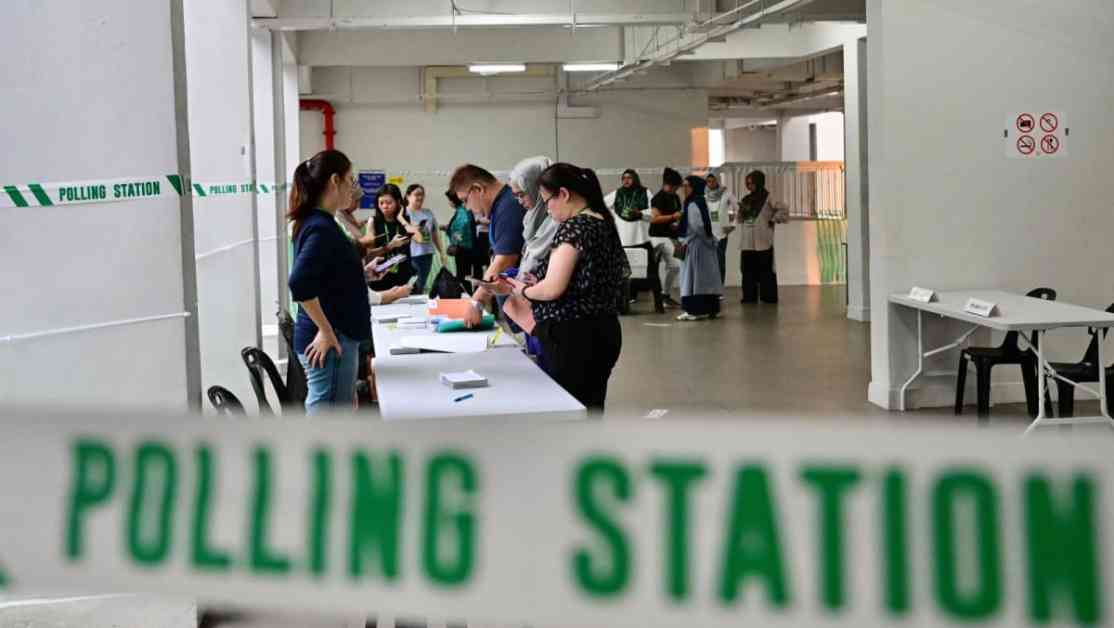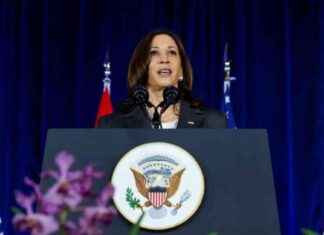Cost of Living Tops Concerns
Singaporeans are gearing up for the upcoming general election, and the latest survey results indicate that the cost of living has taken center stage in voters’ minds. According to a study conducted by Blackbox Research’s sentiment tracker SensingSG, concerns about jobs, unemployment, and the economy closely followed, solidifying economic issues as the primary focus for voters heading into the polls.
The survey, released on January 16, involved 1,310 eligible Singaporean voters, covering diverse demographics such as ethnicity, age, gender, housing type, and region. With the looming 14th general election on the horizon, scheduled to be held by November 23, 2025, the findings shed light on the electorate’s priorities as the country’s fourth-generation leadership under Prime Minister Lawrence Wong prepares for its maiden election.
David Black, founder, and CEO of Blackbox Research, emphasized that despite the media’s political buzz in 2024, practical, everyday concerns like the cost of living have taken precedence in voters’ decision-making processes. As the election draws near, voters are seen to be more focused on tangible improvements in local government services and their financial well-being than broader thematic issues.
Undecided Voters and Economic Concerns
One of the key takeaways from the survey is the significant number of undecided voters, with 26.8% of respondents indicating uncertainty about their choice for the next general election. The younger demographic, particularly those between 21 and 29, appeared to be the most uncertain, with a third still undecided. In contrast, older voters aged 50 and above, along with middle and high-income households, expressed more confidence in their decision-making, with nearly three-quarters and 74% respectively sure about their voting choices.
Economic issues emerged as the top priority for voters, with concerns about the cost of living, inflation, jobs, unemployment, and the state of the economy dominating their decision-making process. Political considerations such as stability, trust in political parties, and leadership also played significant roles, indicating a multifaceted approach to the electoral decision-making process.
Constituency vs. National Matters
Interestingly, the survey revealed that constituents place greater importance on the quality of governance at the constituency level than at the national level. Factors such as the quality of candidates, service delivery, and infrastructure in their wards outweighed national-level considerations like the future prime minister, leading party, and government performance post the last election.
While overall satisfaction with MPs was positive, regional and demographic differences were notable. Residents in the west expressed the least satisfaction with their parliamentarians, while those in the central region were highly content. Older voters aged 60 and above showed higher dissatisfaction levels, while younger respondents in their 20s and 30s viewed their MPs’ performance more favorably.
In summary, as Singaporeans navigate the landscape of electoral decision-making, economic concerns and local governance issues emerge as critical factors shaping their choices at the ballot box. With the general election fast approaching, the electorate’s focus on practical, everyday issues reflects a deep-rooted desire for tangible improvements in their daily lives.


























